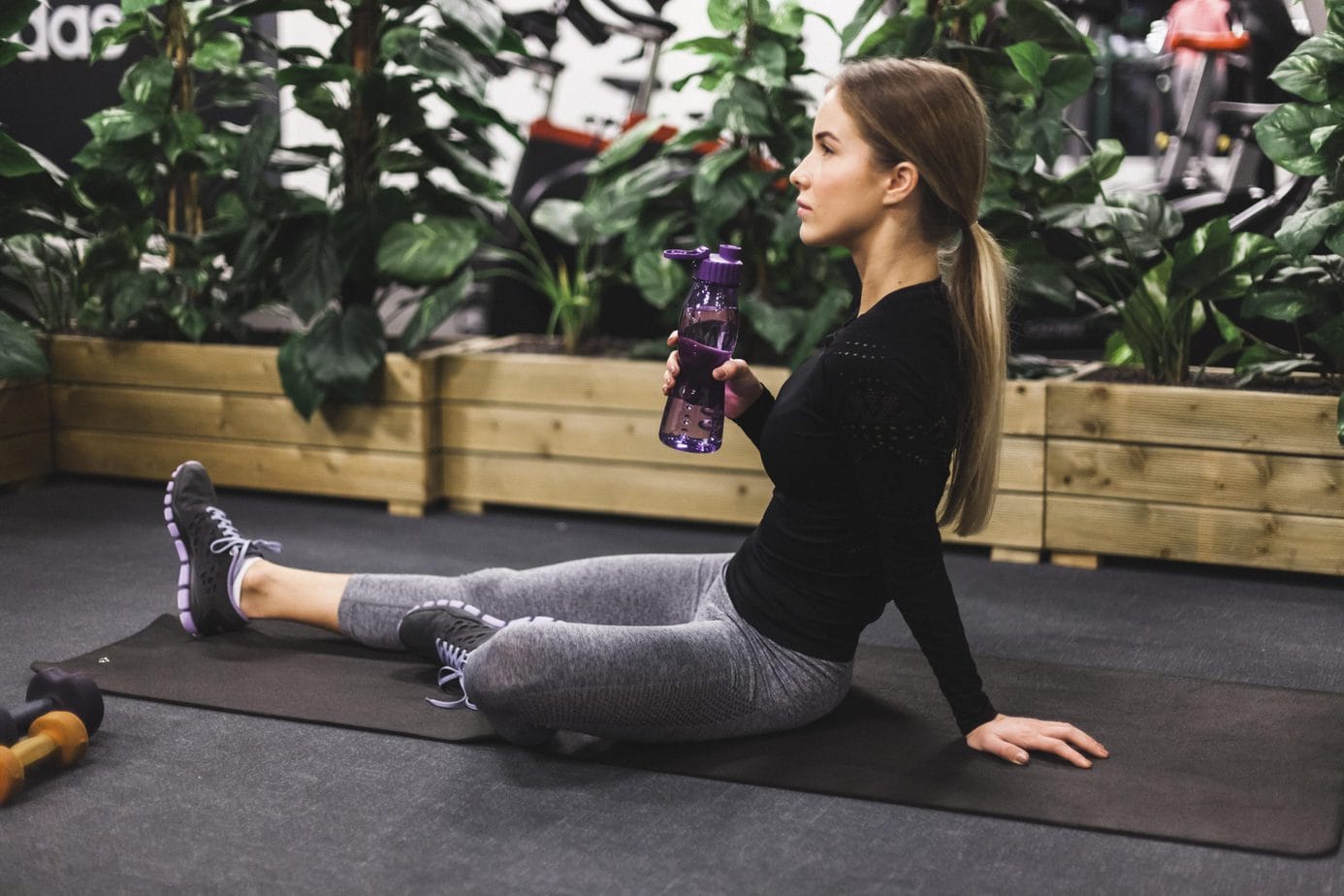
Adaptogens are plants and herbs that have a positive effect on the condition of the nervous and immune systems. They should be a friend to all physically active people. Adaptogens guarantee fast and effective regeneration. What’s more, they contribute to prolonging the duration of training. What are the most popular adaptogens for athletes?
Ashwagandha is one of the most popular adaptogens and by far the most important in terms of nervous system function. It effectively regulates stressors and reduces feelings of anxiety. Ashwagandha lowers cortisol levels. It is important to realize here that in people whose levels are low, this plant can exacerbate symptoms such as drowsiness, fatigue and trouble concentrating. What should athletes who want to supplement ashwagandha keep in mind? The key issue here is to determine the level of cortisol and choose the appropriate dose of the adaptogen so that it is not too low. Ashwagandha works very well for strength sports.
As research shows, supplementation of this adaptogen contributes to the reduction of creatine kinase, which is one of the marketers of muscle damage. It also results in a decrease in body fat and an increase in testosterone levels. All of this translates into improved parameters desired in strength sports, such as better recovery and increased levels of anabolic hormones. A positive side effect here is a decrease in body fat related to the fact that ashwagandha significantly reduces cortisol levels.
Another popular adaptogen used in sport is Rhodiola rosea. How does it work? It does not directly reduce cortisol levels, but instead inhibits the effects of stressors on the body. Additionally, it supports post-workout regeneration and is a stimulator of NRF 2, a protein responsible for immunity and longevity. Rhodiola rosea will work very well for all those athletes who want to improve their cognitive functions and focus during training. It is often taken by people training in combat sports. This is because the adaptogen in question, taken in a dose of 300 mg, contributes to an increase in the number of tasks performed by up to ⅕, while improving reaction time, work quality and focus.
Additionally, Rhodiola rosea reduces creatine kinase and lactate dehydrogenase, which are important markers of muscle fatigue. This makes faster regeneration and a return to training possible. It is also worth mentioning the active ingredients contained in this adaptogen – salidrosides, which contribute to an increase in exercise tolerance. What’s more, Rhodiola rosea supports the burning of fat tissue by increasing its use in metabolic processes. How should this adaptogen be taken? For strength sports and bodybuilding training, it is recommended to take it at times away from training. When it comes to crossfit or combat sports, however, Rhodiola rosea can be taken around the time of training.
Ginseng also belongs to the category of adaptogens. It is a popular ingredient of multivitamin preparations and those designed to improve concentration or boost immunity. We can deal with several varieties of it. One of them is Korean ginseng (panax). The active ingredients contained in it show anti-inflammatory properties. Additionally, they reduce lactate production, have a positive effect on aerobic capacity and reduce the negative effects of excessive stress on the body. It is also worth mentioning here Siberian ginseng (eleuthero), which inhibits the decline of serotonin after training, reduces the impact of oxidative stress on brain function and intensifies beta-oxidation of fatty acids.
Featured Image: Freepik